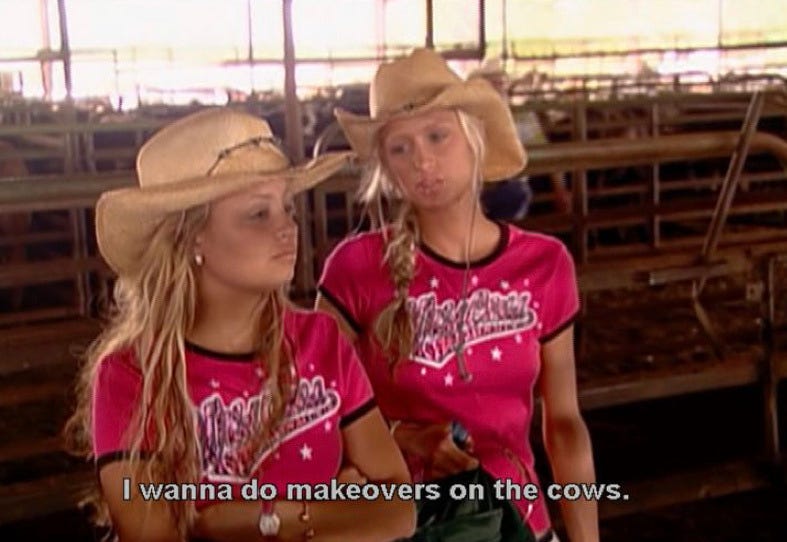February 10th, 2023
I often get asked about self-care.
It’s one of the most common themes people inquire about when I am interviewed about my work or my life— and I’ve spoken everywhere from corporate environments to academic institutions about my own relationship to caring for myself, and what I think of the concept itself, do I still think it’s actually radical, as Audre Lorde posited all those years ago?
When I first started writing about self-care, almost a decade ago - as a theory - documenting not only my own journey but also that of the women and femmes around me, it felt like a deeply revolutionary time of possibility. This was just after the Ferguson riots and movements for Black life and liberation were getting stronger, louder—yet, unsurprisingly, those tasked to liberate themselves from the heavy shoe of oppression had (and historically haven’t had) no real access to even think about the possibilities of care.
It wasn’t something that as a highly traumatized person I had access to thinking about… and for so many of us—activists and organizers with latent martyr complexes, ripe from being in survival mode our entire lives—had embodied the belief that the self and care were two things in opposition to community. So, how to care for a self if you can’t even comprehend the self, and how do you care for a being you do not yet know? It’s easier, then, to mask the tenderness you crave into something more penetrating and persevering as service for others, and instead, sublimate your own needs into support for your community and the causes you believe in.
But since then the world has vastly changed. With the help of pop culture and shows such as Parks and Recreation which centered the idea of “Treat Yo’self,” a comedic interlude was born and became a sudden banner analogous to self-care that companies realized they could caché on. As the beauty industry had done so succinctly in the past, corporations, brands and advertising realized they could make a lot of money off of a consumer if they convinced us that we were doing it for our own benefit, goading us to look after ourselves, as if buying endless products would help us feel better about our lives, merely because the advertising told us that’s what we were doing. But, “treat” is not the same as “care,” and as capitalism often convinces you, buying things as acts of care isn’t the same thing as actually caring for or about yourself with attention, devotion, and concern.
Back in 2014, I co-ran a column on The Hairpin about self-care where I interviewed everyone from Janet Mock to Meredith Graves of Perfect Pussy to writer Anupa Mistry about their routines. Following the tradition of the late great bell hooks and (Audre) Lorde, I wanted to understand how to care for yourself in a world that is actively built against you and the pursuit of your pleasure. It felt like a deeply compelling idea to begin to understand, through conversation and connection, what the best way was to learn how to love yourself in a world that so easily denies its importance. I could see there were real hurdles here, but I also understood the revolutionary spirit of the actions of self-care. I saw how when people loved themselves they could love others harder, and show up harder. I saw this as a real answer to cure a severely disassociated society, and I still do.
My own relationship to self-care started when I was so close to dying at my own hand, that I needed a drastic turn of events to change my life. At the time of my last suicide attempt, eight years ago, I had $5 in my bank account for weeks on end, waiting for measly writing checks that were delayed, and was living off of dumpster diving (a Montreal past time) while buying cheap canned veggies from my local grocery store to make soups I would eat for days for every meal. I was too good at faking it to the world and because I was in art spaces I pretended I had more money and resources than I did because I was ashamed about my status in the world. I have always been class performing (still am, the endless debacle of liking nice things…) and so I didn’t feel like I was allowed to ask for help because then I would have to disclose my reality — that I was an imposter. I didn’t have the right family, or the right schooling and I hadn’t even disclosed to myself or the world the atrocities my body had faced as a child, even though it had dictated the entire way that I felt about and saw myself.
And maybe that’s why I hated myself so much. I think what clicked for me after my suicide attempt is that I needed to learn how to care for this body of mine. In that moment of realizing I didn’t want to die, I knew I would have to establish ways, methods, and tools to help me if and when I was to ever meet this darkness again; I needed to learn systems that buoyed me through the difficulties. In so many ways, I think that’s all that self-care is — it’s our own specific methodologies that we require for our own survival. Tending to ourselves helps us learn this communication with ourselves and I think it’s important for all of us to know these things. It’s important for us to know and learn what makes us feel good and how we can learn to turn toward ourselves (not away) and self-soothe in moments of crisis.
Keep reading with a 7-day free trial
Subscribe to How To Cure A Ghost to keep reading this post and get 7 days of free access to the full post archives.





